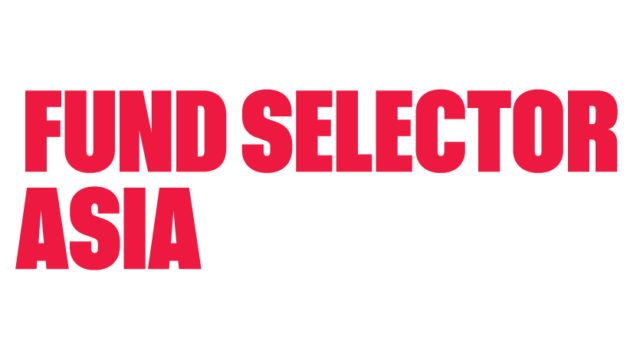Capital Group’s fund launches followed shortly after the firm secured HSBC as a distribution partner in the territory. The Los Angeles-based fund house now sells 13 funds in Hong Kong, covering different asset classes and demographics.
The firm’s plan over the next few years is to bring its strategies from the US to Hong Kong, a spokeswoman said.
But it has no plans to set up Hong Kong-domiciled funds, nor participate in the Mutual Recognition of Funds scheme, she added.
Enhanced Investment Products, which closed seven of its nine Hong Kong-listed ETFs last month, listed a new one tracking gold miner stocks – also the first of its kind in Hong Kong.
The firm runs the XIE Shares Hong Kong ETF platform, which is 49% owned by Clsa Hong Kong, whose parent is Citic Securities.
The new product mirrors the performance of the FTSE Gold Mines Net Tax Index, which comprises roughly 35 gold mining stocks. Ongoing charges are estimated to be 0.75% a year. The SPDR Gold Shares ETF, the most actively traded gold-related ETF in the SAR, has ongoing charges of 0.4% a year.
Rival iShares, meanwhile, announced to launch the iShares Core Hang Seng Index ETF, which will be listed next Wednesday. It offers three trading currencies – the Hong Kong dollar, the US dollar and the RMB.
The Tracker Fund Hong Kong, also tracking the same benchmark, was listed in 1999 with HK$79.4bn ($10.2bn) of assets under management. It is among the most actively traded ETFs in Hong Kong.
The estimated ongoing charge for the iShares ETF is 0.09% a year, 1 basis point lower than the Tracker Fund.
Luke Ng, senior VP of research at FE Advisory Asia, said the launch might be because iShares wants to enhance its product platform rather than an attempt to seize an opportunity to gather assets.

















